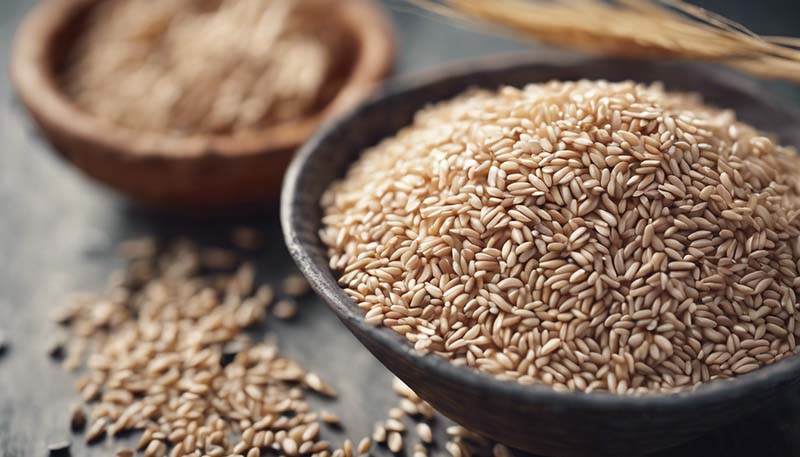The Benefits of a Plant-Based Diet for Weight Loss
A plant-based diet has been gaining popularity in recent years, not only for its potential health benefits but also for its effectiveness in aiding weight loss. This dietary approach focuses on consuming foods derived from plant sources, such as fruits, vegetables, grains, legumes, nuts, and seeds, while minimizing or eliminating animal products. In this article, we will explore the various benefits of a plant-based diet for weight loss and how it can contribute to overall health and well-being.
1. Higher Nutrient Density
Plant-based foods are nutrient-dense, meaning they provide a high amount of essential vitamins, minerals, and antioxidants with relatively few calories. This can help you feel full and satisfied while consuming fewer calories, which is crucial for weight loss. Additionally, the fiber content in plant-based foods helps regulate digestion and keeps you feeling fuller for longer, reducing the likelihood of overeating.
2. Lower Calorie Intake
Generally, plant-based foods are lower in calories compared to their animal-based counterparts. For example, a serving of grilled chicken breast has more calories than an equivalent serving of quinoa or brown rice. By choosing plant-based options, you can reduce your overall calorie intake without compromising on nutrition, which is essential for weight loss.
3. Improved Digestive Health
The fiber-rich nature of a plant-based diet supports a healthy gut microbiome, which is linked to better digestion and nutrient absorption. Improved digestive health can contribute to weight loss by ensuring that your body is efficiently processing and utilizing the nutrients from the foods you eat, reducing the likelihood of weight gain due to poor digestion or nutrient imbalances.
4. Reduced Risk of Chronic Diseases
A plant-based diet has been associated with a lower risk of developing chronic diseases such as heart disease, type 2 diabetes, and certain types of cancer. These conditions can contribute to weight gain or make it difficult to lose weight. By adopting a plant-based diet, you may reduce your risk of developing these diseases and improve your overall health, making it easier to maintain a healthy weight.
5. Better Blood Sugar Control
Many plant-based foods have a low glycemic index (GI), which means they cause a slower, more gradual rise in blood sugar levels compared to high-GI foods. This can help prevent blood sugar spikes and crashes, which can lead to increased hunger and overeating. Better blood sugar control is an essential factor in maintaining a healthy weight and preventing weight gain.
6. Enhanced Heart Health
A plant-based diet is typically rich in heart-healthy fats, such as those found in nuts, seeds, and avocados. These healthy fats can help improve cholesterol levels and reduce the risk of heart disease, which is a common comorbidity in overweight and obese individuals. A healthy heart is better equipped to support an active lifestyle, which is crucial for weight loss and maintenance.
7. Ethical and Environmental Considerations
While not directly related to weight loss, many people choose a plant-based diet for ethical or environmental reasons. The production of plant-based foods typically has a lower environmental impact compared to animal agriculture, which contributes to greenhouse gas emissions and deforestation. By choosing a plant-based diet, you can enjoy the added benefit of knowing that your food choices are more sustainable and ethical.
8. Personalized Approach
It's important to note that a plant-based diet can be tailored to individual preferences and dietary needs. Whether you choose to follow a vegan diet, which excludes all animal products, or a vegetarian diet that includes dairy and eggs, the focus on whole, plant-based foods can support weight loss and overall health. It's essential to plan your meals carefully to ensure you're getting all the necessary nutrients, especially if you're eliminating entire food groups.
Conclusion
In conclusion, a plant-based diet offers numerous benefits for weight loss and overall health. By focusing on nutrient-dense, fiber-rich, and lower-calorie plant-based foods, you can support your weight loss journey while also improving your long-term health. It's important to approach a plant-based diet with a well-planned and balanced perspective to ensure you're meeting all your nutritional needs. As with any dietary change, it's a good idea to consult with a healthcare professional or registered dietitian before making significant changes to your eating habits.






























Join the discussion